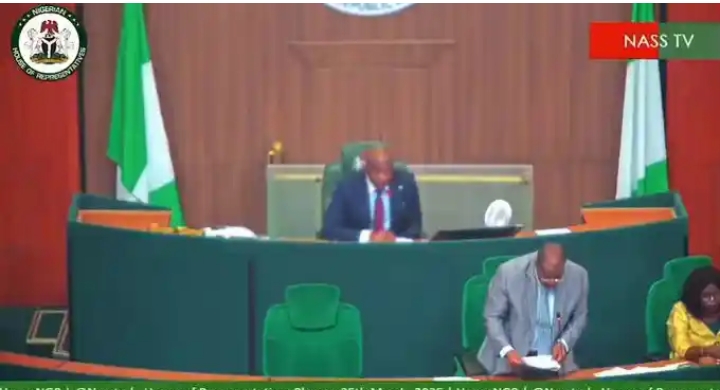By Kayode Sanni-Arewa
A bill seeking to create the Office of the Prime Minister in Nigeria has passed its second reading in the House of Representatives. This proposed constitutional amendment aims to introduce a parliamentary-style governance structure, potentially altering Nigeria’s current presidential system.
Key Details of the Bill The bill, sponsored by key lawmakers, proposes the creation of a Prime Minister’s office, which would act as the head of government, while the President retains a ceremonial role as the head of state. If passed, Nigeria’s political system would move closer to a hybrid model, similar to those in France and India, where executive powers are shared between the President and Prime Minister.
Debate and Political Reactions The bill has sparked heated debates among lawmakers, political analysts, and the public: Supporters argue that a Prime Minister-led government would improve efficiency, accountability, and reduce executive overreach. Critics warn that it could lead to political instability, with frequent leadership changes based on parliamentary votes of confidence.
Opposition parties have also raised concerns that the move could be a political strategy to restructure power dynamics ahead of the 2027 elections.
What’s Next? With the bill now clearing the second reading, the next steps include: Committee Review: Further scrutiny and possible amendments. Third Reading & Final House Vote: If approved, it moves to the Senate for consideration. State Assembly Approval: A constitutional amendment requires ratification by at least two-thirds of Nigeria’s 36 states. If fully passed, Nigeria could see its most significant governance reform since the return to democracy in 1999.
Implications for Nigeria’s Future A shift to a Prime Minister-led system could: Decentralize executive power, making governance more collaborative. Change how elections are conducted, potentially giving more power to political parties rather than individual candidates. Impact economic and foreign policies, depending on the Prime Minister’s authority over ministries and agencies. As discussions continue, Nigerians will be watching closely to see whether this proposed change ushers in a new political era or deepens existing divisions.

